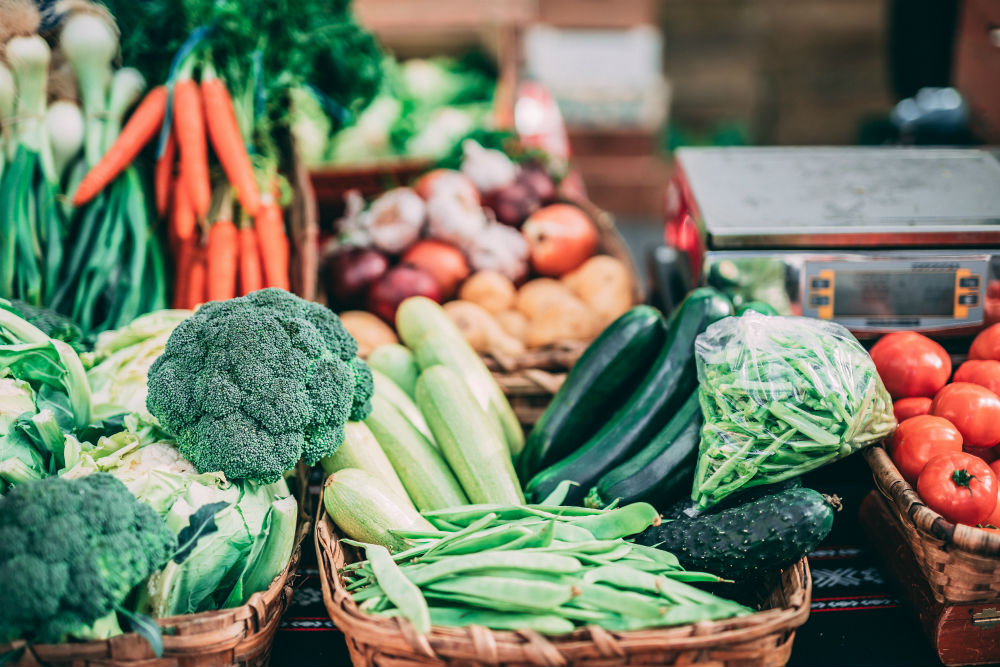Children aged three to five- years-old involved in a nursery-based cooking skills the Big Chef Little Chef (BCLC) programme were found to be less fussy and more willing to try green vegetables at the end of the study.
The results of this quasi-experimental study evaluated by the University of Glasgow and published in the journal Nutrients – found that that there was a significant increase in willingness to try green vegetables, indicating the potential success of programmes such as Big Chef Little Chef (BCLC) to have positive effects on preschool children’s diet and eating behaviours.
In previous research in the UK, children described as ‘very choosy’ with food at three–years–old were found to consume significantly less fruit and vegetables at both 10 and 13-year-old compared with those who were not identified as choosy with food.

Researchers know that repeated exposure is an effective method for increasing consumption of a target vegetable in preschool aged children; and child involvement in meal preparation has previously been associated with a higher preference for vegetables and an increased willingness to try unfamiliar food items.
While cooking programmes involving parents and school aged children have shown improvements in fruit and vegetable intake in families, researchers did not know how this impacted children’s fussy eating behaviours in early years.
The BCLC programme for fussy eaters consisted of interactive sessions with parent/carers and their nursery-aged child for 1.5h once a week over four weeks.
Parents and children prepared a meal and snack each week in a relaxed and playful environment, and the children worked with a wide variety of vegetables.
A comparison group was recruited after the BCLC programme finished. A questionnaire measured food fussiness at week one and week four.
At week four, all children were offered six green vegetables (raw and cooked) and an average score was calculated for willingness to try vegetables.
The food fussiness score (which varied from a minimum of one to a maximum of five) in the intervention group decreased significantly from 3.0 to 2.6 between time points; while there was no change in the comparison group.
The intervention group was more willing to try green vegetables compared with the comparison group.
Dr Ada Garcia said: “The aim of our study was to evaluate the effect of a cooking skills programme – with tandem participation of parents/carers and their children – on children who have food fussiness and test their willingness to try green vegetables.
“Our results showed that the nursery-based BCLC programme with both parent and child involvement significantly reduced food fussiness score and children in the intervention group had a significantly– increased willingness to try both raw and cooked green vegetables than those in the comparison group.
This was achieved through incorporating techniques previously shown to increase fruit and vegetable consumption in children of this age group.
Parents/carers can support their children to overcome fussy eating behaviours with simple actions like preparing, touching, smelling and tasting foods together.
“Studies like this are important because we know that low fruit and vegetable consumption starts in childhood and is a proxy for an unhealthy diet.
In Scotland, just 15% of children reported meeting the five-a-day recommendation for fruit and vegetables. So although further work is required, this shows there is potential for cooking skills programmes such as BCLC to have positive effects on preschool children’s diet and eating behaviours.”
The study involved nine council-based nurseries that participated in the High Five for Fruit Programme, a project ran by the registered charity Lanarkshire Community Food and Health Partnership and funded by North Lanarkshire Council, Scotland.
The study, A nursery-based cooking skills programme with parents and children reduced food fussiness and increased willingness to try vegetables: a quasi-experimental study,’ is published in Nutrients

